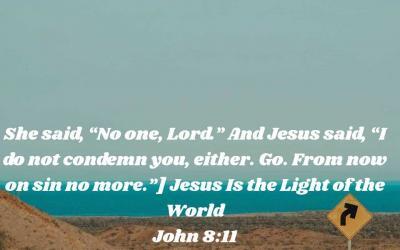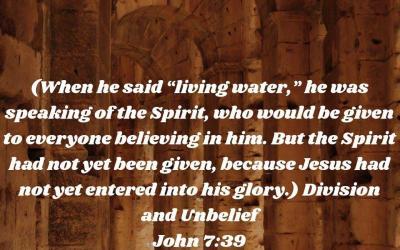Introduction
Life often brings unexpected challenges, much like the locust plague described in Joel. The book of Joel is a powerful call to recognize our brokenness, return to God, and embrace the hope of restoration and renewal. This timeless message applies to both individuals and nations today.
Illustration: A farmer devastated by a locust infestation once said, “I have no choice but to start over with faith.” Like that farmer, we must trust God to rebuild what is lost.
Background and Context
The book of Joel is a prophetic message to Judah during a time of great calamity, possibly after a locust plague. Joel uses this disaster to highlight spiritual truths, focusing on three major themes:
- The desolation caused by sin and judgment (Joel 1).
- A call to repentance and hope for restoration (Joel 2).
- God’s ultimate judgment and eternal blessings (Joel 3).
The central theme is the “Day of the Lord,” representing both judgment and the promise of deliverance for God’s people.
Key Points
1. Recognize the Current State (Joel 1:1-7)
- Joel opens by describing the severity of the locust plague, symbolizing devastation caused by sin.
- Lesson: Acknowledge our spiritual condition without sugarcoating it.
- Application: Are there areas of our lives plagued by sin, leaving us barren and unfruitful?
2. Respond to the Call of Repentance (Joel 1:13-20)
- Joel calls the priests and people to fasting, mourning, and prayer.
- Key Verse: “Call a sacred assembly; gather the elders and all the inhabitants of the land into the house of the Lord your God, and cry out to the Lord” (Joel 1:14).
- Application: When God calls us to repentance, our response should be immediate and wholehearted.
3. Remember Judgment Is Coming (Joel 2:1-11)
- Joel warns of the approaching “Day of the Lord,” a day of judgment that no one can escape.
- Lesson: God’s judgment is certain, but His warnings are acts of mercy.
- Illustration: A warning light on a car’s dashboard doesn’t destroy the car; it saves it if addressed.
4. Repent and Return to God (Joel 2:12-17)
- God pleads with His people to return with their whole heart.
- Key Verse: “Return to Me with all your heart, with fasting, weeping, and mourning” (Joel 2:12).
- Lesson: True repentance involves humility, sorrow for sin, and a renewed commitment to God.
- Application: How is God calling you to return to Him today?
5. Restoration of His People (Joel 2:18-27)
- God promises to restore what was lost: “I will repay you for the years the locusts have eaten” (Joel 2:25).
- Lesson: God’s grace is greater than our failures. He can restore what we thought was beyond repair.
- Application: Trust God to bring healing and restoration to your broken areas.
6. Renewal and Revival Through the Spirit (Joel 2:28-32)
- Joel prophesies the outpouring of the Holy Spirit, fulfilled at Pentecost (Acts 2).
- Key Verse: “I will pour out My Spirit on all people” (Joel 2:28).
- Lesson: Renewal comes through the Spirit, empowering us to live for God.
- Application: Pray for the Holy Spirit to renew and revive your heart.
7. Repay the Nations (Joel 3:1-16)
- Joel speaks of God’s judgment on the nations for their sins against His people.
- Key Verse: “Multitudes, multitudes in the valley of decision! For the day of the Lord is near” (Joel 3:14).
- Lesson: God is sovereign and will hold all accountable for their actions.
- Application: Be mindful of God’s justice as you navigate a world often filled with injustice.
8. A Renewed Future for God’s People (Joel 3:17-21)
- Joel ends with a vision of eternal blessings for God’s people: “Then you will know that I, the Lord your God, dwell in Zion, My holy mountain” (Joel 3:17).
- Lesson: For God’s people, the future is bright with hope and promise.
- Application: Focus on the eternal blessings awaiting those who remain faithful.
Practical Application
- Recognize the desolation caused by sin.
- Respond to God’s call for repentance.
- Prepare for the coming “Day of the Lord.”
- Return to God wholeheartedly.
- Trust God for restoration and healing.
- Pray for renewal through the Holy Spirit.
- Rest in the assurance of God’s eternal blessings.
Conclusion
The book of Joel reminds us of the seriousness of sin, the urgency of repentance, and the certainty of God’s restoration. Like the farmer who rebuilds after a locust plague, we are called to rebuild our lives in faith, trusting God to restore what was lost and renew us by His Spirit.
Challenge: What step will you take today to return to God with all your heart?





0 Comments